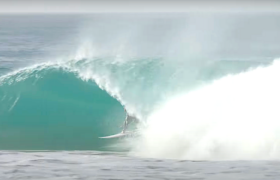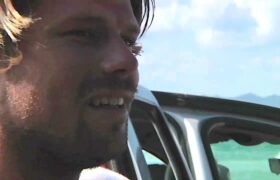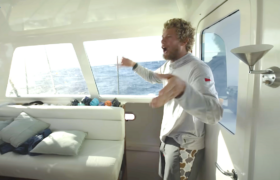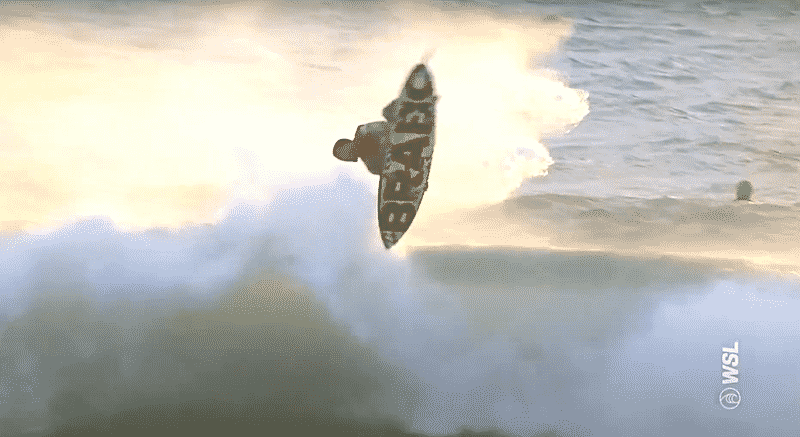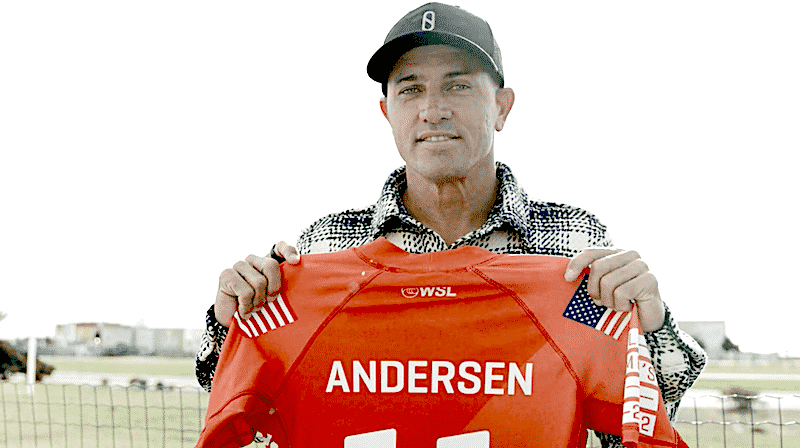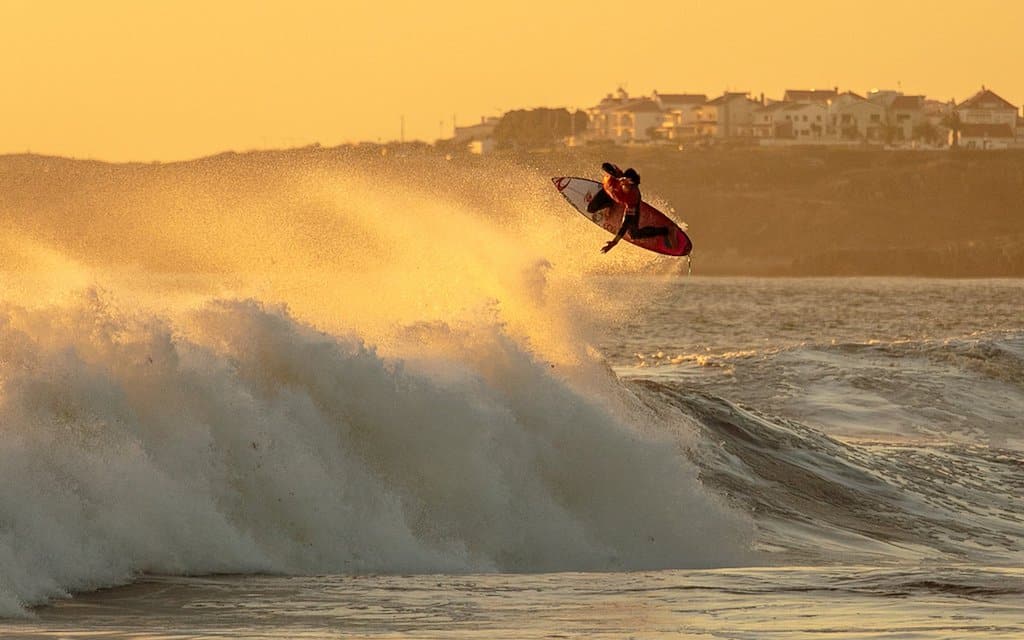“This is not Afghanistan or Iraq. This is the Eastern Front during World War II. Putin has called the West’s bluff.”
While I am impressed by the courage and resiliency of the Ukrainian people during the first phase of Putin’s Gambit, this war has only just begun.
In the months leading up to the invasion, multiple military and intelligence sources told me, with absolute certainty, that Russia would invade Ukraine.
I underestimated the scope of Putin’s territorial ambitions, and thought that Russia would only take eastern Ukraine, but was wrong.
My sympathies lie with the Ukrainians, but as I pointed out in Ukraine Part 1, Part 2, and Part 3, this is not a simple conflict, and we ignore the deep, tangled, historic and economic roots at our own peril.
Over the weekend of February 26–27, western politicians and the vast majority of the media reverted back to the same, stale 9/11 formula that failed in Iraq, Syria, Libya, and Afghanistan.
They painted a monochromatic, monocausal portrait of the plucky forces of good, epitomized by the fictional “Ghost of Kiev” and the heroic soldiers on Snake Island, standing up to the forces of evil, personified by Vladimir Putin.
Many gushed optimistically about “regime change,” the possibility of a Russian palace coup, or even “a Caesar solution.”
This magical thinking, however, raises as many questions as it answers. If Putin is assassinated, who will replace him? If there is a civil war in Russia, what will happen to one of the world’s largest nuclear arsenals?
Did “regime change” and the deaths of “evil” tyrants like Saddam Hussein, Muammar al-Qaddafi, the heads of Al Qaeda and ISIS bring peace or stability to Iraq, Libya, or Syria?
The sad truth is that the failed Global War on Terror has left America with no coherent foreign policy, an embedded foreign policy establishment and a mainstream press that no longer tolerates dissent.
Both should have been discredited long ago, but they remain and serve as the living embodiments of the Peter Principle.
“Putin’s failed blitzkrieg” is a figment of the western imagination as fast, easy victories are not part of Russian history or the Russian psyche.
The outcome of this war will be decided on the battlefield, not the bargaining table, because economic sanctions will not stop Vladimir Putin.
The West’s leverage over Putin is limited because Europe depends on Russia for natural gas, oil, wheat, corn, aluminum, and many other necessities.
Moreover, Russia has large foreign exchange reserves and low national debt. Whatever technology they cannot get from Taiwan or Korea, they can make themselves, buy from China, or find on the black market.
Even the much-vaunted expulsion from Swift will only hurt, but not cripple, Putin. Like the Iranian banks, Russia can make and receive payments, use banks in third countries, or even shift to the People’s Bank of China’s CIPS network.
My associate, “Nug,” has spent the past month in Ukraine.
Yesterday, after visiting a military hospital filled with civilian casualties, he wrote, “Things seem to be changing for the worse. Putin put in ‘Big Jake’ [his nickname for Putin’s new general], a yes-man psycho as his new military commander who prefers bombs and big guns to infantry assaults. Molotov cocktails, Ak-47s, Stingers and Javelins are no match for tanks, artillery, and Russian bombers. Putin is now targeting civilians.”
Nug pointed to the Russian artillery, rocket, and cluster bomb attacks on Kharkiv to support his claim that Putin has taken off the gloves.
“This is not Afghanistan or Iraq. This is the Eastern Front during World War II,” he wrote, “Russia will now use the big guns and the big bombs. Putin has called the west’s bluff.”
If nothing else, the Russian invasion of Ukraine has forced China, America’s greatest strategic threat, out of the closet.
Beijing has not condemned Russia and will aid and abet their ally because they have similar territorial ambitions.
Unlike western political leaders, tech plutocrats, and multinational corporations who turn a blind eye to China’s concentration camps, genocide, imperialism, and blatant racism in order to increase their profits, China is not burdened by such hypocrisy.
Putin’s invasion of Ukraine and China’s ongoing predations in the Pacific Rim and Africa have exposed neoliberalism/globalism’s Achilles heel— unprecedented and amoral greed that created a strategically dangerous dependence on Russia and China.
After the Cold War, in the West, the multinational corporate state overthrew the sovereign nation state in a bloodless coup and the leaders of the new corporate state declared the playing field level. Anti-trust laws, unions, banking rules, workers’ safety regulations, and environmental protection, were deemed outdated and unnecessary hindrances to “the free market.”
The politicians they owned and their mandarins in the press agreed. Increasingly overweight westerners flocked to warehouses full of cheap food, generic clothes, disposable furniture, and electronic distractions, most of it made in foreign sweatshops. Soon everyone had 500 channels, giant flat screens, and streaming porn.
As long as the rich had cocaine, Cialis, Concerta, and Oxy, and the poor had crack, smack, and crystal, nobody seemed to notice the greatest consolidation of wealth in human history.
Had Marx lived long enough to witness this strip mining phase of capitalism, he would have called it laissez-faire anarchy. In the end, these vast accumulations of wealth enervated the west’s transnational ruling class.
Not only did they grow complacent and self-congratulatory, but their belief that the rules of geopolitics no longer applied led to strategic shortsightedness and imperial overstretch.
Today, the policy and press minstrels who helped to create this mess clutch their pearls and gasp in disbelief.
However, not all of us turned a blind eye to larger strategic plans of Russia and China and the inherent weaknesses and dangerous conceits of globalism/neoliberalism.
It was clear to see if you cared to look.
Once again, Sven Lindquist said it best, “You already know enough. So do I. It is not knowledge that we lack. What is missing is the courage to understand what we know and draw conclusions.
“We have to take a hard look at ourselves as a nation and not in five-year election cycle time frames. China is becoming incredibly powerful. China doesn’t think in five-year time frames, they think in fifty and hundred-year time frames. They’re lovin it! They’re buying our debt, buying our steel, and they’re laughing at us. They’re a real power. Russia’s a real power. Vladimir Putin is a tough guy, he plays hard ball, and for Bush to say, ‘I looked him in his eye and saw his soul,’ Putin’s just laughing! Bush said, ‘See Vladimir! We’re proud of our houses here, we own them unlike you!’ and Putin’s just going, ‘OK pal, sure.’ So I think this game we’re playing is a dangerous one. We’re over extended.”
(Editor’s note: Peter Maguire is a surfer, war crimes investigator and author ofThai Stick: Surfers, Scammers, and the Untold Story of the Marijuana Trade (movie rights optioned by Kelly Slater), Law and War, Facing Death in Cambodia and Breathe, the new bio on jiujitsu icon Rickson Gracie. Ain’t much ol Petey can’t do. The following story, appears on Pete’s substack Sour Milk, subscribe, it’s free etc.)
